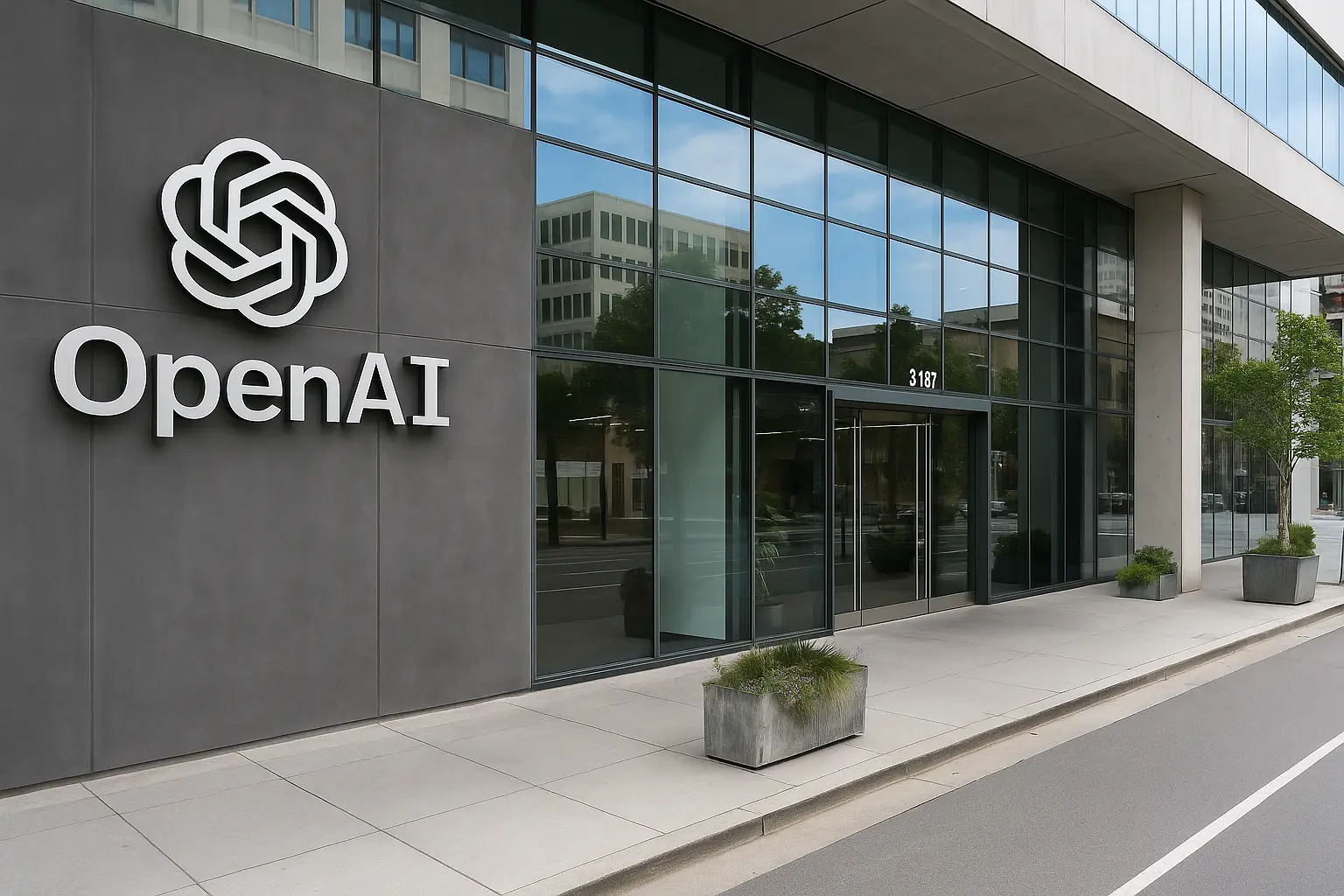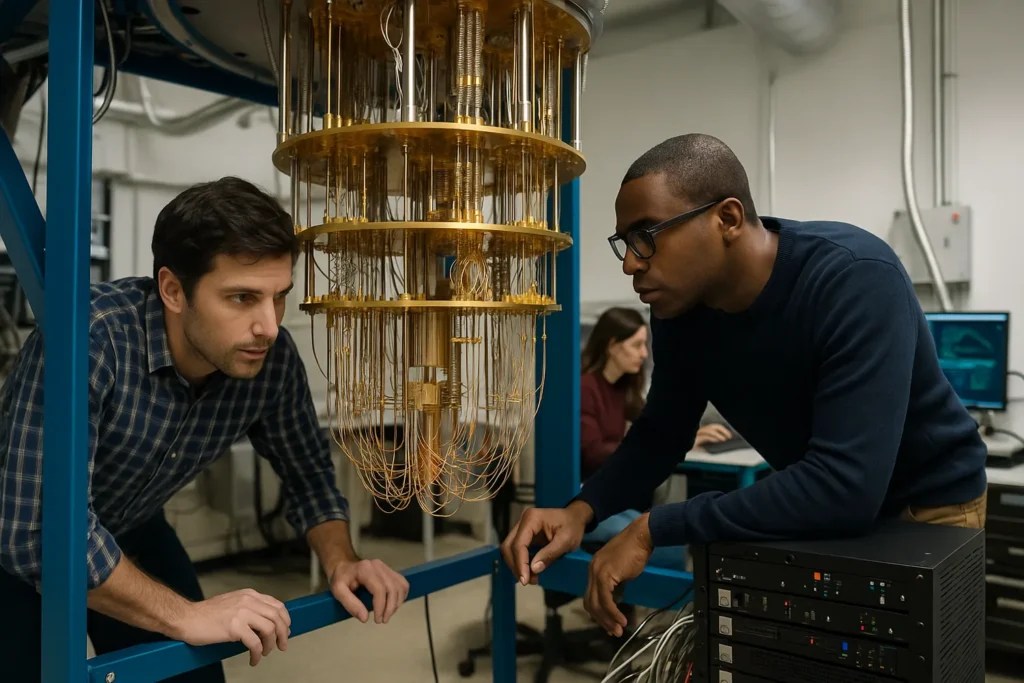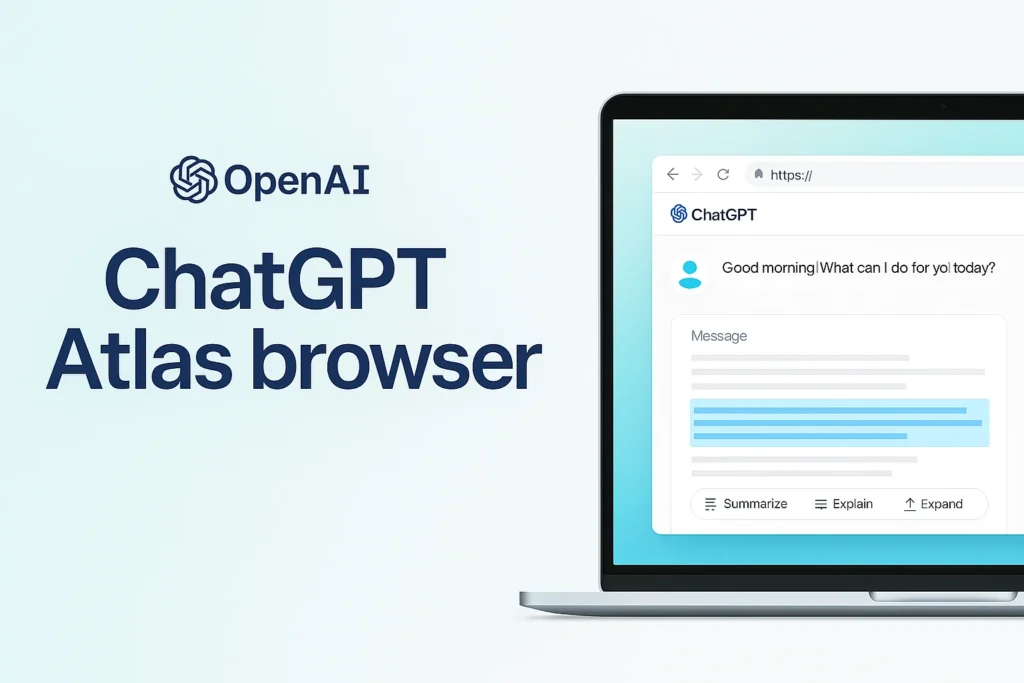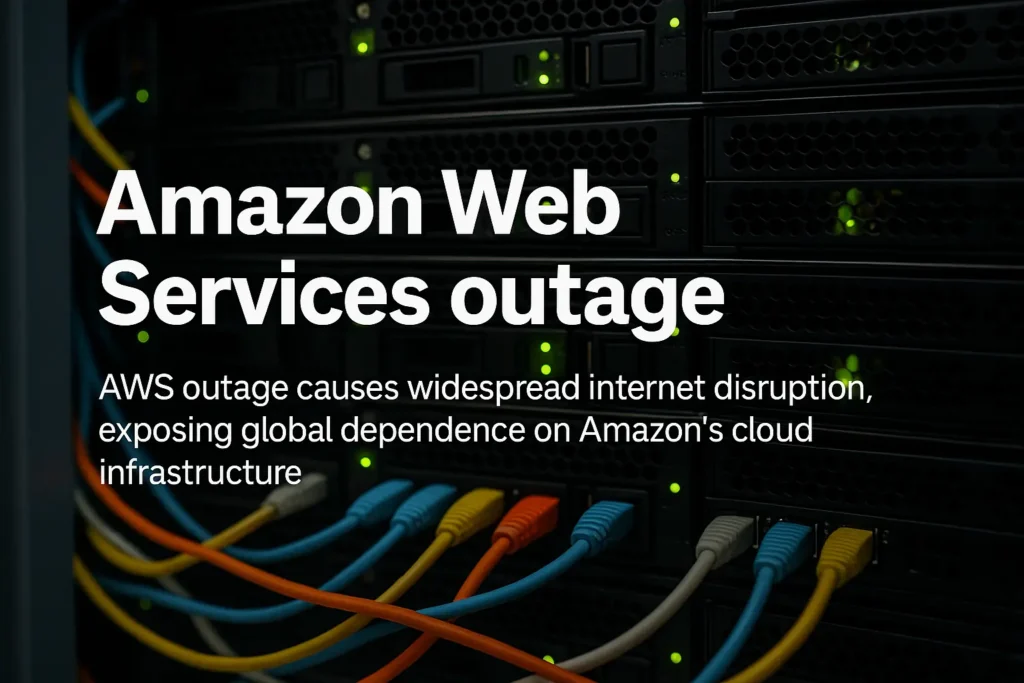OpenAI’s valuation just shattered another record. At $500 billion, the company once known for its cautious research ethos now stands among Silicon Valley’s most powerful players. This isn’t merely a financial milestone — it’s a seismic shift in the balance of global tech power. As investors celebrate, regulators sharpen their knives.
Context: from startup to superpower
When OpenAI launched in 2015, its founders claimed to pursue “safe and broadly beneficial AI.” Few imagined it would evolve into a $500 billion juggernaut. The leap followed a massive funding round led by sovereign wealth funds from the Middle East and Asia, with Microsoft quietly increasing its stake.
The company’s dominance stems from its flagship model, ChatGPT, now used in enterprise, education, and even government operations. Its expansion into healthcare diagnostics and personalized learning marks a strategic pivot — from software tool to infrastructure of decision-making.
Yet behind the growth lies consolidation. OpenAI’s near-monopoly over foundational AI systems has triggered alarm in policy circles across Washington, Brussels, and Tokyo. Regulators warn that the firm’s partnerships and data access give it “unprecedented influence” over the global digital economy.
Oppositional Argument: the illusion of open AI
The irony is brutal. The company that branded itself OpenAI is now among the least transparent in the industry. The source code for its latest systems is sealed; the decision-making hierarchy opaque.
This isn’t a triumph of innovation — it’s a consolidation of control. What began as an open research collective has become a quasi-state actor, shaping information flows, employment structures, and education systems. OpenAI’s valuation doesn’t just measure its market worth; it measures the world’s dependence on a single entity’s algorithms.
Critics within the AI ethics community argue that OpenAI has “captured” the narrative of responsible innovation while quietly aligning with corporate and geopolitical interests. The company’s leadership, once vocal about decentralization, now speaks of “AI sovereignty” — a concept that sounds less democratic by the day.
Analytical Breakdown: capital, control, and the new AI empire
The $500 billion valuation reflects not only revenue but expectation — that OpenAI will dominate every layer of the AI economy, from chips to content. The firm’s data partnerships with media conglomerates and hospitals create a feedback loop few can match.
Historically, markets reward monopolies until they collapse. The parallels with Microsoft’s 1990s dominance or Google’s search empire are too strong to ignore. But the scale is new: OpenAI’s technology underpins automation in law, education, and defense. If such infrastructure fails — or is manipulated — the consequences ripple far beyond Wall Street.
Insiders close to the company say OpenAI’s board is split. Some executives push for aggressive commercialization; others warn of “mission drift” and internal burnout. Confidential memos leaked in August revealed debates over licensing data to authoritarian governments — a sign that the company’s moral compass may be bending under market pressure.
Human Perspective: the world reacts to the AI elite
In San Francisco, employees describe 16-hour days, NDAs that stretch for years, and a culture of secrecy once foreign to research labs. “We’re not scientists anymore,” said one engineer anonymously. “We’re custodians of a product too big to fail.”
Meanwhile, educators and healthcare workers — two groups that stand to gain most from OpenAI’s tools — fear dependence. Schools adopting AI-driven tutoring systems worry about bias and surveillance. Hospitals integrating diagnostic AI question who owns the patient data feeding these models.
In the broader labor market, the rise of AI behemoths like OpenAI has fueled inequality. Automation cuts middle-tier jobs while rewarding elite engineers and venture capitalists. The social contract that once linked innovation with shared prosperity is fraying fast.
Counterarguments
Defenders of OpenAI argue that such valuations enable ambitious research and global accessibility. They point to free public tools and educational programs as evidence of the firm’s social conscience. But philanthropy doesn’t offset monopoly.
Even generous access models cannot disguise the centralization of power. OpenAI controls the servers, the models, the data pipelines — the entire ecosystem. It’s not “open,” it’s vertically integrated. That’s what makes antitrust regulators nervous and what makes democracy vulnerable.
Conclusion: a trillion-dollar question of power
OpenAI’s $500 billion valuation is not the end of a journey; it’s the beginning of a reckoning. The firm has become both indispensable and unaccountable — a paradox that will define the next decade of technology.
If regulators act, the AI industry may splinter into regional ecosystems. If they don’t, a single company could end up scripting global thought and governance.
Either way, the story of OpenAI is no longer about artificial intelligence. It’s about artificial dominance — and whether humanity can still write the rules for the tools it created.
External Links
44 views






